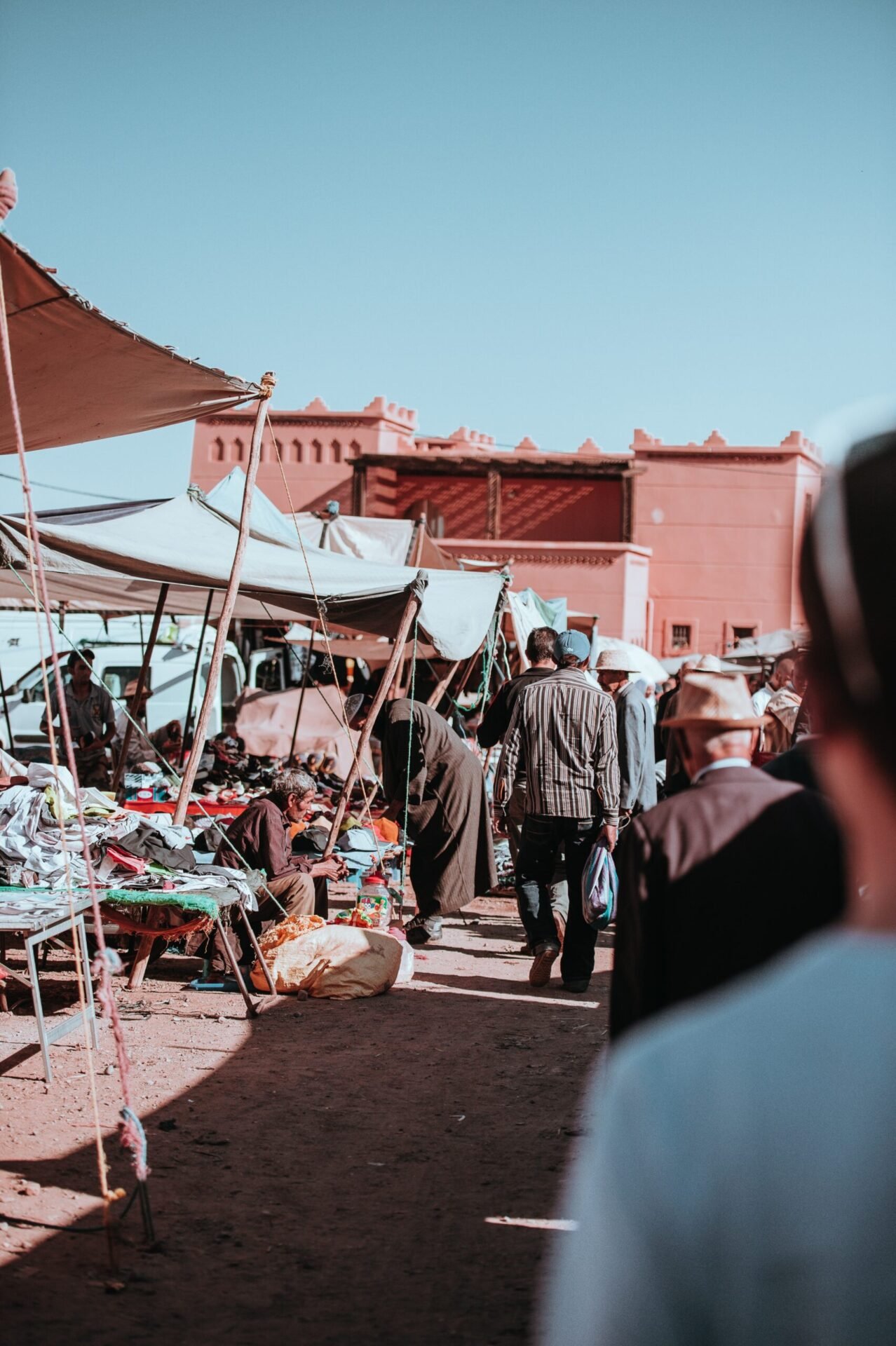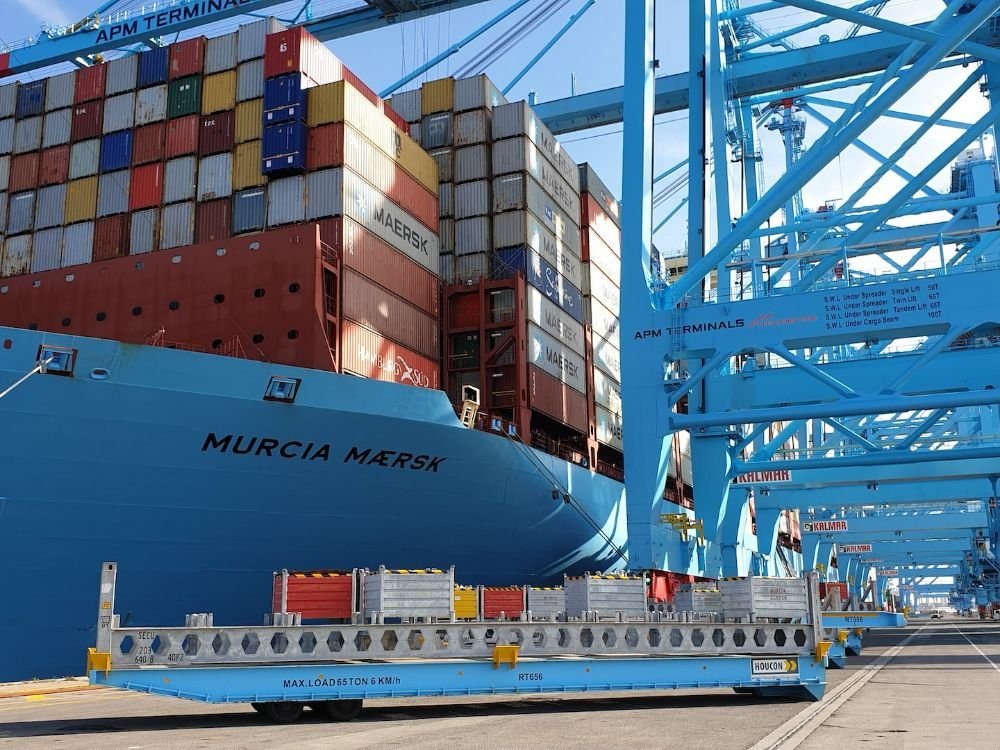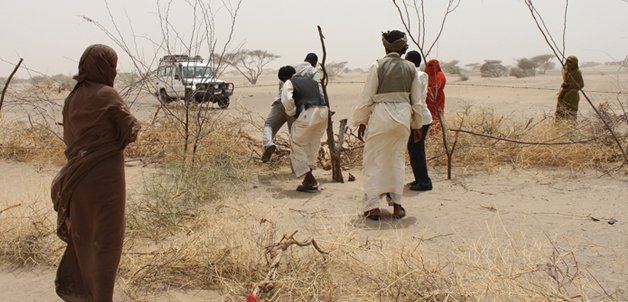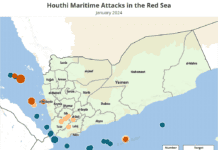Introduction to the Issue
The United Nations Office on Drugs and Crime (UNODC) has released a critical report titled ‘Impact of Transnational Organized Crime on Stability and Development in the Sahel,’ shedding light on the significant challenges posed by organized crime in the region. The findings underscore that transnational organized crime is not merely a local issue but a transnational one, severely affecting peace, security, human rights, and the achievement of the Sustainable Development Goals (SDGs) in the Sahel.
Organized crime in the Sahel manifests in various forms, including drug trafficking, human trafficking, smuggling of migrants, and arms trafficking. These illicit activities undermine governance, erode public trust in institutions, and fuel corruption. The report emphasizes that the pervasive nature of these criminal networks destabilizes communities, making it challenging to implement effective policies for sustainable development.
Amado Philip de Andrés, the UNODC Regional Representative for West and Central Africa, highlighted the critical underestimation of the role organized crime plays in destabilizing the Sahel. He stated, “The impact of organized crime in the Sahel has been underestimated for too long. It is a significant barrier to achieving peace, security, and sustainable development in the region.” This comment underscores the urgent need for a more comprehensive and coordinated approach to addressing the multifaceted threats posed by organized crime.
The report’s findings call for a multi-pronged strategy involving international cooperation, capacity building, and community engagement to combat organized crime effectively. Addressing these issues is essential not only for stabilizing the Sahel but also for ensuring that the region can progress towards achieving the SDGs. The introduction of this report sets the stage for a deeper exploration of the complex interplay between organized crime and sustainable development in the Sahel.
The Mechanisms of Organized Crime in the Sahel
Organized crime in the Sahel region operates through sophisticated networks that leverage economic and territorial control to sustain and expand their influence. Central to this operation is the revenue generated from illicit markets, including drugs, trafficked gold, and fuel. These illegal activities provide a substantial flow of funds that are then reinvested into acquiring weapons, vehicles, and other resources critical to maintaining the operational capabilities of armed groups.
The economic dynamics of organized crime in the Sahel are particularly evident in strategic trafficking hotspots such as northern Mali, Niger, and Chad. These regions serve as pivotal conduits for the smuggling of contraband, making them flashpoints for conflict. For instance, the control of drug trafficking routes in northern Mali has led to violent clashes among different factions vying for dominance. Similarly, the illicit gold trade has exacerbated tensions in Niger, where various armed groups compete to control mining sites and the associated income.
Beyond the immediate economic impact, the control of illicit markets plays a crucial role in bolstering the legitimacy of armed groups. By redistributing proceeds from criminal activities in areas that are economically deprived, these groups can garner support and loyalty from local populations. This redistribution often manifests in the form of social services, employment opportunities, and even direct financial assistance, creating a parallel governance structure that challenges the authority of the state.
However, while these short-term gains can enhance the standing of armed groups, they have deleterious long-term effects on state authority and sustainable development. The entrenchment of organized crime undermines the rule of law, erodes state institutions, and perpetuates cycles of violence and instability. This persistent insecurity hinders economic development, discourages investment, and exacerbates poverty, creating a vicious cycle that is difficult to break.
Therefore, understanding the mechanisms of organized crime in the Sahel is essential for developing effective strategies to combat it. Addressing the economic incentives that drive these illicit activities and restoring state authority are critical steps towards stabilizing the region and achieving sustainable development goals.
Impact on Human Rights and Sustainable Development Goals
Organized crime in the Sahel region significantly impacts human rights and the achievement of Sustainable Development Goals (SDGs) through various direct and indirect mechanisms. A primary concern is the trafficking of medical products, which impairs public health systems. The infiltration of counterfeit medicines into the market undermines access to effective healthcare, directly contravening SDG 3: Good Health and Well-Being. This jeopardizes the health of millions, exacerbating existing vulnerabilities and placing a strain on already fragile health infrastructures.
Sexual violence and the exploitation of smuggled migrants are other critical issues. Organized crime networks often engage in human trafficking and forced labor, which severely violate human rights and impede progress toward SDG 5: Gender Equality. Women and children are the most affected, facing horrendous conditions that deprive them of dignity and fundamental freedoms. The exploitation of smuggled migrants further entrenches poverty and inequality, obstructing SDG 1: No Poverty and SDG 10: Reduced Inequalities.
Environmental damage from illegal mining activities, particularly in gold mining, presents another severe challenge. The use of child labor at informal mining sites is rampant, violating children’s rights and hampering SDG 8: Decent Work and Economic Growth. The widespread use of toxic substances like cyanide and mercury in these operations leads to significant environmental degradation. Contaminated water sources not only affect human health but also disrupt ecosystems, undermining SDG 6: Clean Water and Sanitation and SDG 15: Life on Land.
These criminal activities collectively hinder sustainable development efforts by creating an environment of instability and insecurity. The Sahel region’s capacity to achieve its development goals is severely compromised by the pervasive influence of organized crime. Addressing these challenges requires a multifaceted approach that includes strengthening legal frameworks, enhancing law enforcement capabilities, and fostering regional and international cooperation. Only through such comprehensive efforts can the Sahel region hope to secure human rights and make substantial progress toward achieving the Sustainable Development Goals.
Policy Recommendations and the Way Forward
The recent UNODC report emphasizes the necessity of adopting a fundamentally new policy approach to effectively combat organized crime in the Sahel region. Traditional methods have proven inadequate, necessitating evidence-based and integrated strategies that encompass multiple facets of the problem. These strategies must be comprehensive, targeting not only the criminal networks but also the socio-economic conditions that facilitate their operations.
A critical recommendation from the report is the need to provide alternative livelihood opportunities to communities that have become economically dependent on trafficking activities. By offering viable economic prospects, such as agricultural development, small-scale enterprises, and vocational training, we can reduce the allure of illicit activities. This approach requires robust local and international support, ensuring that community members have access to resources, education, and markets.
Furthermore, the report underscores the importance of comprehensive international assistance. Organized crime is a transnational issue, and tackling it requires coordinated efforts across borders. International organizations, governments, and civil society must collaborate to share intelligence, resources, and best practices. This collaboration should also extend to enhancing the capacity of local law enforcement and judicial systems to effectively counteract organized crime and reduce regional instability.
Leonardo Santos Simão, the Special Representative of the UN Secretary-General for West Africa and the Sahel, highlighted the urgency of these measures. He stated, “Addressing organized crime in the Sahel is not just a matter of regional security; it is essential for achieving the Sustainable Development Goals. We must act swiftly and decisively to provide the necessary support to these communities and ensure a stable and prosperous future for the region.”
In conclusion, the path forward requires a multifaceted approach that integrates socio-economic development with robust law enforcement and international cooperation. By addressing the root causes of organized crime and providing tangible alternatives, we can pave the way for a more stable and sustainable Sahel region.
































